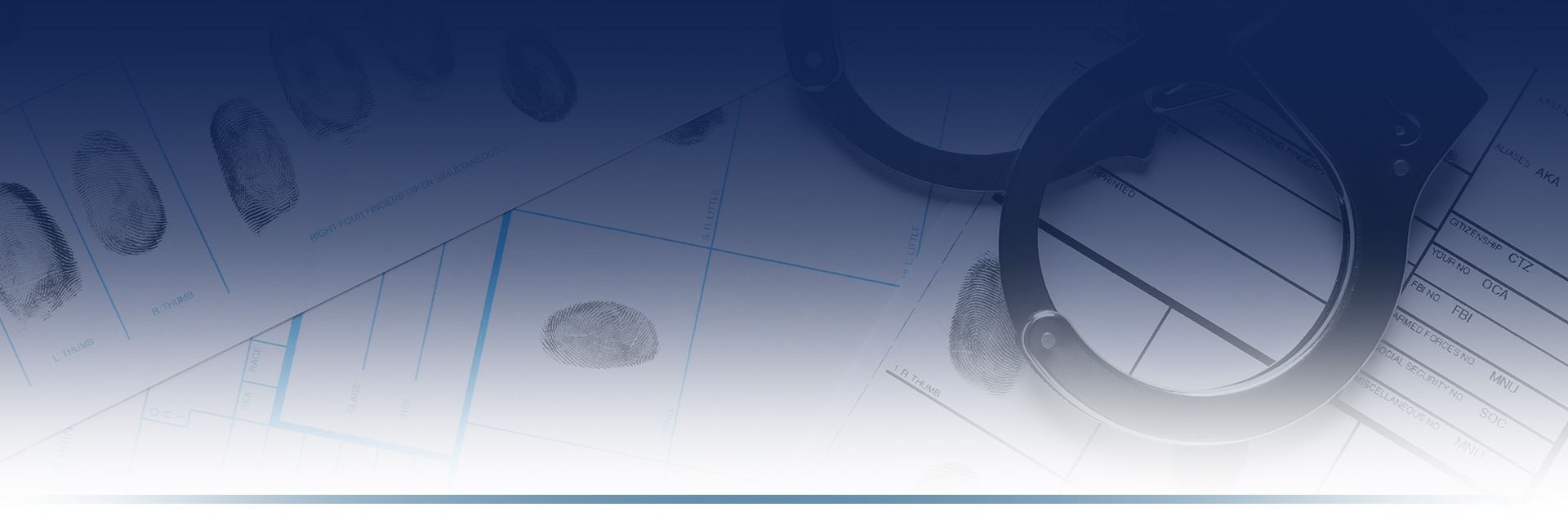
Ithaca Violent Crime Attorneys
Experienced Defense Against Violent Crime Charges in Tompkins County
Violent crimes are treated very seriously in New York. Whether you have been accused of assaulting a police officer or recklessly endangering a passerby, you can receive considerable prison time, as well as a permanently stained record, unless you have the aid of an aggressive Ithaca violent crime lawyer. Do not hesitate to reach out to The Law Office of Charles H. Kee for dependable legal support.
Contact our Ithaca Defense Team now at (800) 954-5724 for a consultation.
Violent Crimes in New York
Although there are many forms of violent crime offenses in the state of New York, one of the most common accusations made are those that involve types of assault. Class B felonies are some of the highest-ranked forms of assault, while misdemeanors are viewed as less severe. Still, regardless of the assault charge, you should take your accusation extremely seriously. The penalties for assault, as directed by the New York Penal Law §§ 120.00-12, can lead to devastating consequences, from many years in prison to steep fines.
Depending on whether the defendant is being accused of purposeful intent, or if the victim was seriously injured, this may escalate the classification of the crime as well as the consequences. For example, if the alleged victim was a government official, member of law enforcement, technician for medical emergencies (EMT), firefighter, or a child, then the charges and penalties may be even more severe.
What are the Penalties for Violent Crimes in New York?
There are a wide range of sentences for violent crimes, depending on which class a person has been convicted of. You can depend on the prosecution to seek to charge you with the maximum range of the given felony or misdemeanor, in addition to potentially attempting to escalate the seriousness of the original class you were charged with.
Examples of the sentences given for different levels of violent crime convictions include:
- Class B felonies – A term between 25 years and 5 years, unless the defendant has been convicted of aggravated manslaughter, or if the victim is a law enforcement officer, in which case the term extends between 10 and 30 years (NY Penal §§ 120.11 and 125.22)
- Class C felonies – A term between 3.5 years and 15 years, unless the defendant is convicted of second degree aggravated manslaughter or attempted aggravated assault on a law enforcement officer, which extends the sentence between 7 and 20 years (NY Penal §§ 120.11 and 125.21)
- Class D felonies – A term ranging between 2 years and 7 years, except in the case where the defendant has been convicted in the third degree of criminally holding a weapon (NY Penal § 265.02), or where a law enforcement officer has been menaced (NY Penal § 120.18), in which case the sentence may extend to 8 years.
Murder and Manslaughter in NY
Also known as homicide, murder is a serious crime that involves the intentional and unlawful killing of another person. There are two main types of homicide charges in New York: first-degree murder and second-degree murder.
First-degree murder is the most serious offense and involves premeditated and/or intentional killings that meet specific aggravating factors, such as killing a law enforcement officer, a testifying witnesses, a judge, two or more individuals, or killing someone during the commission of another serious offense. First-degree murder is a Class A-I felony, punishable by life imprisonment without the possibility of parole.
Second-degree murder is defined as intentionally causing the death of another person with malice afterthought but without the specific aggravating factors present in first-degree murder. This offense can also include cases where the killing occurs during the commission of another serious crime, (e.g., robbery or burglary). Second-degree murder is also a Class A-I felony and carries a maximum penalty of 25 years to life imprisonment.
Manslaughter: Understanding the Degrees
- Manslaughter in the First Degree: This involves causing the death of another person under circumstances that do not meet the criteria for murder but still involve reckless behavior. First-degree manslaughter is a Class B felony, punishable by imprisonment for up to 25 years.
- Manslaughter in the Second Degree: This includes causing the death of another person with criminal negligence or during the commission of a misdemeanor or non-violent felony. Second-degree manslaughter is a Class C felony, which carries a maximum prison term of up to 15 years.
Contact Our Ithaca Violent Crime Attorney
In order to avoid the drastic penalties that come with an accusation and conviction of committing a violent crime, it is important to seek the support of our team at The Law Office of Charles H. Kee. You can trust our Ithaca violent crime attorneys to fight vigorously to protect your rights.
Call us today at (800) 954-5724 or contact us online to ask any questions regarding your violent crime case.

Our Settlements & Verdicts
Our top priority is to devise customized legal strategies that are tailored to the unique legal needs of our clients, no matter how simple or complicated their situations, might be.
-
 Dismissed DWI
Dismissed DWI -
 Dismissed DWI
Dismissed DWI -
 No Jail Felony Grand Larceny
No Jail Felony Grand Larceny -
No Jail Felony Grand Larceny
-
No Jail Felony Grand Larceny
-
Dismissed Serious Domestic Violence Case

Why Choose The Law Office of Charles H. Kee?
-
Hundreds of Clients Helped with Unmatched Professionalism
-
A Reputation of Winning Even the Most Serious Cases
-
Trial-Tested Experience & Legal Insight
-
Over a Decade of Legal Experience



